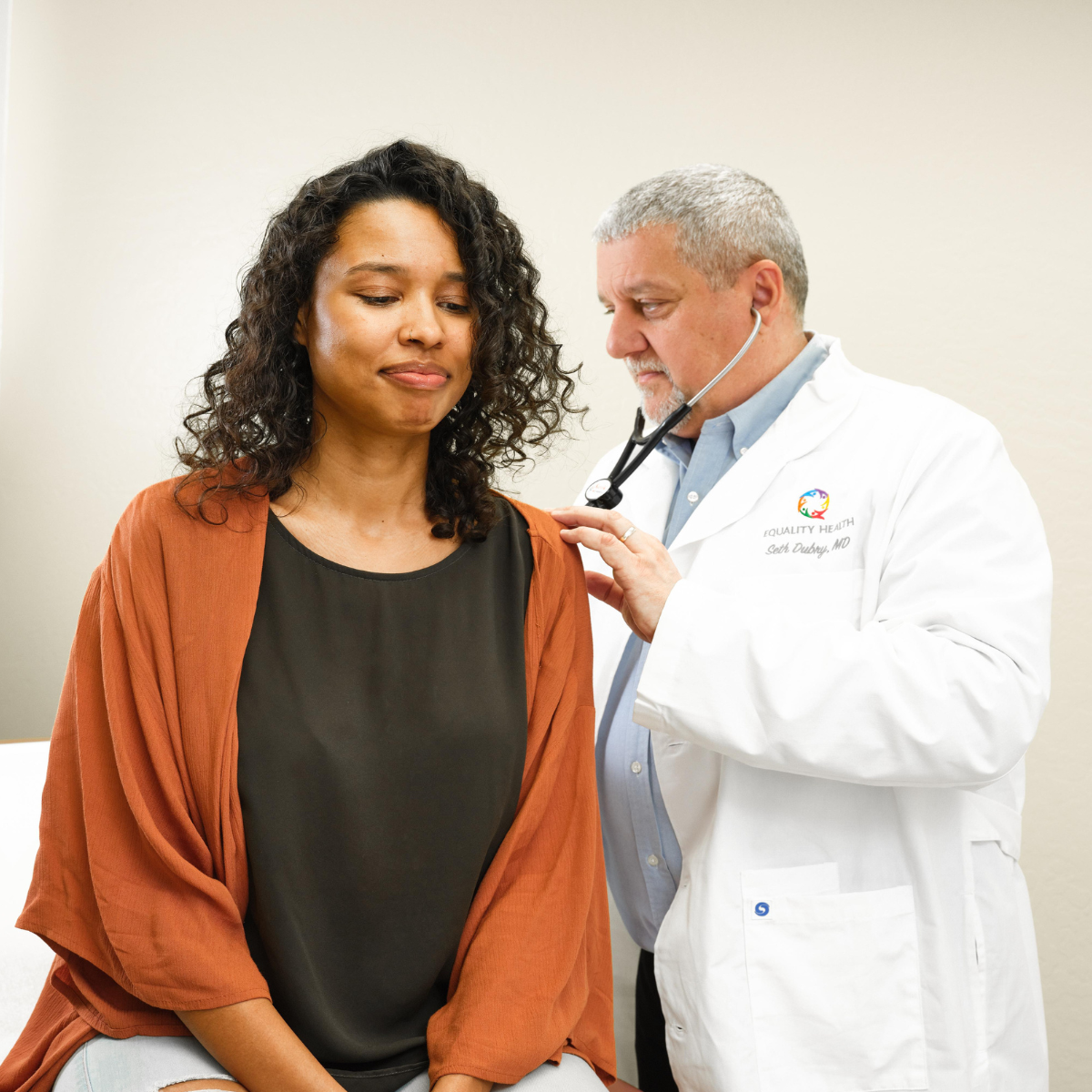The dollar amounts associated with healthcare disparities in the U.S. are staggering. For example, according to a report by the National Institutes of Health’s (NIH) on Minority Health and Health Disparities, the financial burden of healthcare inequities stands at $451 billion, a 41% increase from previous expert estimates. A 2023 NIH report revealed that the total burden of education-related health disparities for individuals with less than a college degree reached a whopping $978 billion. And Deloitte actuarial experts have gone further to project the trajectory of these expenses, indicating that this spending could eclipse $1 trillion by 2040.
An unsustainable status quo forces downstream challenges to primary care providers and the most complex patients they care for.
These inequities most often manifest along lines of race, ethnicity, and socioeconomic status, and stem from underlying disparities in access to healthcare and community resources, along with the influence of social determinants of health. Healthcare disparities directly contribute to increased healthcare costs and compromised population health.
Populations that have historically lacked equitable resources require the most support and investment now. There are solutions in the works, and positive change is being made. We see progress when shifts are made toward value-based care and away from the current fee-for-service model.
Care models like Equality Health’s help providers deliver solutions.
Innovative care models like ours are specifically designed to address disparities, access, and culture. The goal in our care model is to remove obstacles to well-being by reaching the neighborhood and individual level with a care team who provides access to local resources.
Dr. Maritza Irrizarry, an Equality Health network pediatrician, says, “One of the things that we like at Sunshine Pediatrics is definitely how Equality Health operates with our community. The activities, the tools they offer, the follow up they offer for the patients – it’s unique.” You can hear more about Dr. Irrizarry’s experience with Equality Health here.
This bridge to community-based organizations addresses barriers between people and treatment and provides solutions. Addressing common roadblocks such as transportation, housing, food insecurity, etc. empowers people to access the care they need. By doing this, independent primary care practices (PCPs) experience a lower rate of no-shows, fewer Emergency Room visits or hospital stays, improved patient engagement, and better health outcomes. For example, providers working with Equality Health see an 11% reduction in ED visits.
Value-based care models that reward positive outcomes benefit the health of the community and show measurable financial improvements. The U.S. simply cannot sustain the status quo, and it is obvious that efforts to improve health equity can generate significant medical, social, and economic gains in the long run.
While any clinician can identify a need for social supports, the primary care provider is often the most effective for addressing the need because of their central role in the care plan. If you are a PCP looking to drive change, get in touch with us to see how Equality Health can support you with technology and community-based interventions.




